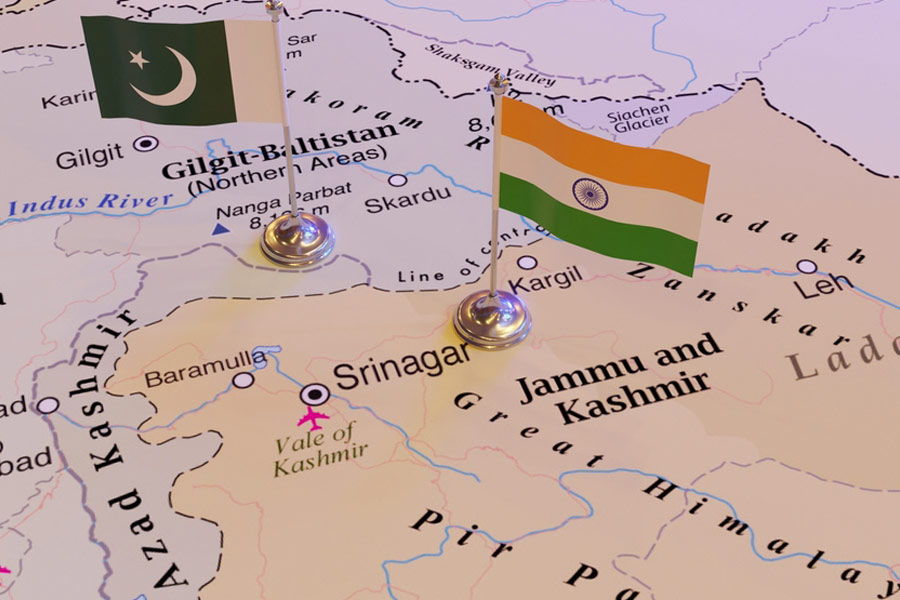 |
Can you ever have too much of a good thing? Dieticians will tell you yes; they constantly have to deal with people who can’t stop eating. Foodies will tell you no. They don’t live to eat; they like the good things in life but in small doses.
In the workplace too, a contrarian view is emerging. The Best Companies to Work For — the familiar names that keep coming up in survey after survey — are undoubtedly places job seekers should target. But do they hide warts that reveal their ugly side in the long run?
Donna Karlin, founder of career coaching company, A Better Perspective, is amongst the sceptics. “Some organisations are making the work environment such an enticing place to be that people are lining up at their doors, clamouring to be hired,” she says. Get the best people and make their life so comfortable that they wouldn’t think of leaving. Sounds like a good plan but have these companies thought of the ramifications of this? And even if they have, do they care enough to do something about it?
Employees love working in these organisations and enjoy the perks to such an extent that they end up spending really long hours at work. Some sleep over in office to get an early start in the morning without going home every night to the detriment of their home life… that is, if they still have a home life.
This phenomenon reached its peak in the initial days of the dotcom era. People were so motivated that some even spent 24 hours on the job. But this was a young crowd; it didn’t matter that they never went home. True, they did not have an external social life. But they did everything at the workplace; beds were provided for sleeping and other activities. But as any organisation and its employees move into a maturity phase, they can’t carry on in this way.
“This is really a huge problem in India, only it is not recognised as such,” says Mumbai-based HR consultant D. Singh. “Companies judge their employees by the extent of their devotion and loyalty. When you do best employers’ surveys, these very employees give it high ratings. The truth could be something very different.”
Singh suggests, not very seriously though, that best employers’ surveys should be done among people who have left the organisation. They may have an axe to grind. But the best companies are those that maintain cordial relations with their former employees. So you will perhaps get a more accurate picture.
The trouble in India is that work is regarded as paramount, says Singh. The family is not a very important factor. And as for your personal life — friends and hobbies — that’s regarded as frivolous. This was true in the West too until a couple of decades ago. If you track the best companies’ studies, you will find how the icons of yesteryear have fallen from their perch.
The other problem with best companies or best employers is that the results depend on who is doing the survey. You sometimes find the company that was chosen as number one in one survey is not even on the list in another survey.
There are some other oddities too. For instance, the Best Employers in Asia 2007 survey by Hewitt Associates places Marriott Hotels India in the seventh position, Satyam Computers at 12th and the Aditya Birla Group at 16th.
The India survey — a subset of the Asia survey — has the Aditya Birla Group as no. 1, Satyam as no. 2 and Marriott as no. 3. The Aditya Birla Group has been spending huge amounts advertising itself as the best employer in India. Perhaps Hewitt has an explanation.











